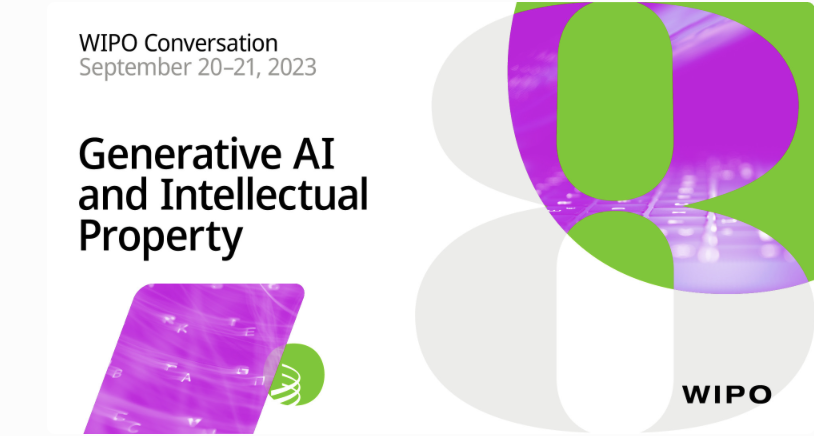
On September 20 and 21, 2023, the World Intellectual Property Organization (WIPO) hosted its Eighth Session of the WIPO Conversation on Intellectual Property (IP) and Frontier Technologies. Central to the discourse was the pivotal role of training data in shaping the capabilities of Generative AI, with a strong emphasis on its intersection with copyright law.
Among the diverse and thought-provoking discussions, Panel 4, aptly titled “Access to Training Data: Exploring Text and Data Mining (TDM) Exceptions, Fair Use, and Moral Rights,” emerged as a defining moment in unraveling the intricate relationship between copyright, text and data mining, and artificial intelligence.
One relevant take away was the inadequacy of copyright exceptions in Latin American countries to support text and data mining research. Presently, these exceptions are confined to quotation and traditional educational activities, neglecting the demands of technology-driven processes. A predominantly civil rights-oriented legal tradition heavily favors copyright holders, resulting in an excessively restrictive list of exceptions and limitations, as opposed to more flexible provisions like fair use.
During the Latin American analysis, a noteworthy mention went out to the work conducted on the Right to Research by PIJIP, American University, and the NGO Karisma in Colombia. Reference was made to the article titled “Research Exceptions in Comparative Copyright Law” from the PIJIP/TLS Research Paper Series (no. 72), authored by Flynn, Palmedo, and Izquierdo, as well as the insightful comparative maps developed in recent Karisma studies. The active advocacy of Latin American proponents in support of user rights within copyright law was also acknowledged.
Another noteworthy observation pertained to the absence of copyright considerations within Latin American National Artificial Intelligence strategies. Out of the nineteen countries in the region, only eight have formulated AI strategies, with just five incorporating intellectual property in a general capacity. Brazil remains the sole country actively addressing copyright concerns in its AI policies. These AI strategies predominantly focus on areas such as transportation, cooperation, and healthcare, often spearheaded by organizations like the Inter-American Development Bank (BID) and the Organisation for Economic Co-operation and Development (OECD), leaving a noticeable gap in communication between copyright and artificial intelligence policy.
Furthermore, there is a significant lack of locally conducted research studies in the Latin American region. Between 2011 and 2016, a mere 3% of academic papers originated from this region, a striking contrast to the robust academic output of the Global North.
In light of these insights, it is imperative to consider recommendations that encompass a broader scope of exceptions for digital use and the harmonization of legislation across Latin American countries. These measures will facilitate a more inclusive and conducive environment for research, innovation, and the responsible advancement of artificial intelligence in the region.
See the webcasting event:
Day 1, morning here: https://webcast.wipo.int/video/OTHER_WIPO_CONVERSATION_1_2023-09-20_AM_120494
Day 1, afternoon here: https://webcast.wipo.int/video/OTHER_WIPO_CONVERSATION_1_2023-09-20_PM_120501
Day 2, here: https://webcast.wipo.int/video/OTHER_WIPO_CONVERSATION_1_2023-09-21_PM_120521




